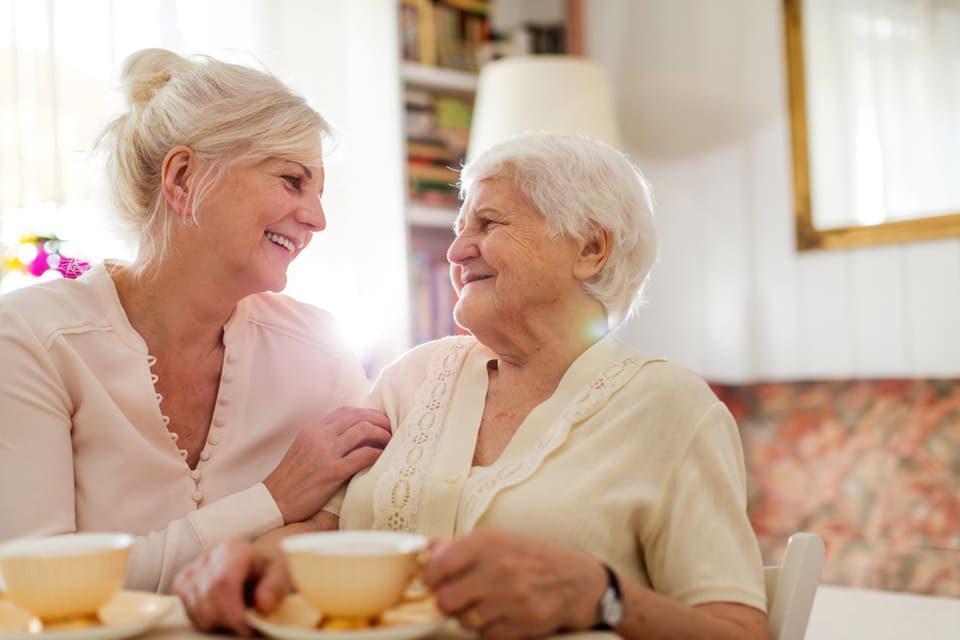
Overcoming Survivor’s Guilt: Navigating the Emotional Challenges of Post-Traumatic Stress
Survivor’s guilt is a complex and often distressing emotion that can arise in individuals who have experienced a traumatic event while others did not survive or were more severely affected. It is commonly associated with post-traumatic stress disorder (PTSD) and can significantly impact a person’s emotional well-being. Overcoming survivor’s guilt is a challenging process that requires self-compassion, understanding, and support. In this article, we will explore the emotional challenges of survivor’s guilt and discuss strategies to navigate and overcome its impact.
Understanding Survivor’s Guilt:
Survivor’s guilt is a psychological response that occurs when an individual believes they have done something wrong by surviving a traumatic event when others did not. It can manifest in various ways, including feeling responsible for the event, questioning why they survived, feeling unworthy of happiness, or experiencing persistent thoughts of what they could have done differently. Survivor’s guilt can be particularly prevalent in situations such as natural disasters, accidents, combat, or instances of violence.
Navigating the Emotional Challenges:
Recognize and Validate Your Feelings: It is crucial to acknowledge and validate your emotions associated with survivor’s guilt. Understand that it is a common and natural response to trauma. Give yourself permission to feel the guilt without judgment or self-blame.
Understand the Nature of Trauma: Educate yourself about the nature of trauma and the irrational beliefs that survivor’s guilt may be rooted in. Recognize that survival does not equate to wrongdoing and that you are not responsible for the actions or outcomes of others.
Seek Professional Help: Consider seeking support from a mental health professional, such as a therapist or counselor, who specializes in trauma. They can provide guidance and strategies to help you navigate survivor’s guilt and process your traumatic experiences.
Share Your Story: Engaging in open and honest conversations about your experiences can be cathartic and healing. Find a trusted friend, family member, support group, or therapist who can provide a safe space for you to share your feelings and thoughts without judgment.
Practice Self-Compassion: Be kind and compassionate to yourself. Remind yourself that it is natural to feel survivor’s guilt but that you deserve to heal and move forward in life. Treat yourself with the same empathy and understanding you would offer to a friend in a similar situation.
Challenge Negative Thoughts: Survivor’s guilt often arises from distorted and negative thinking patterns. Challenge these thoughts by examining the evidence supporting them and reframing them with more realistic and compassionate perspectives. Replace self-blame with self-acceptance and understanding.
Engage in Self-Care: Prioritize self-care activities that promote your well-being. This can include regular exercise, healthy eating, sufficient sleep, engaging in hobbies, practicing relaxation techniques, and seeking moments of joy and pleasure.
Connect with Supportive Networks: Surround yourself with supportive individuals who can provide validation and empathy. Joining a support group or connecting with other survivors can help you feel understood and supported in your journey.
Give Back and Honor the Memory: Find ways to honor the memory of those who did not survive the trauma. This can involve volunteering, participating in advocacy work, or engaging in activities that promote healing and resilience. Giving back can be a meaningful way to channel survivor’s guilt into positive action.
Practice Mindfulness: Incorporate mindfulness and grounding techniques into your daily life. These practices can help you stay present, reduce anxiety, and cultivate a sense of gratitude for your life.
Conclusion:
Survivor’s guilt is a complex emotional challenge that often accompanies post-traumatic stress. Overcoming survivor’s guilt requires patience, self-compassion, and a willingness to seek support. Remember, healing is possible, and by acknowledging and addressing survivor’s guilt, you can move forward with resilience and embrace the life you have been given. Reach out to professionals and supportive networks to guide you on your journey towards healing and self-acceptance.



